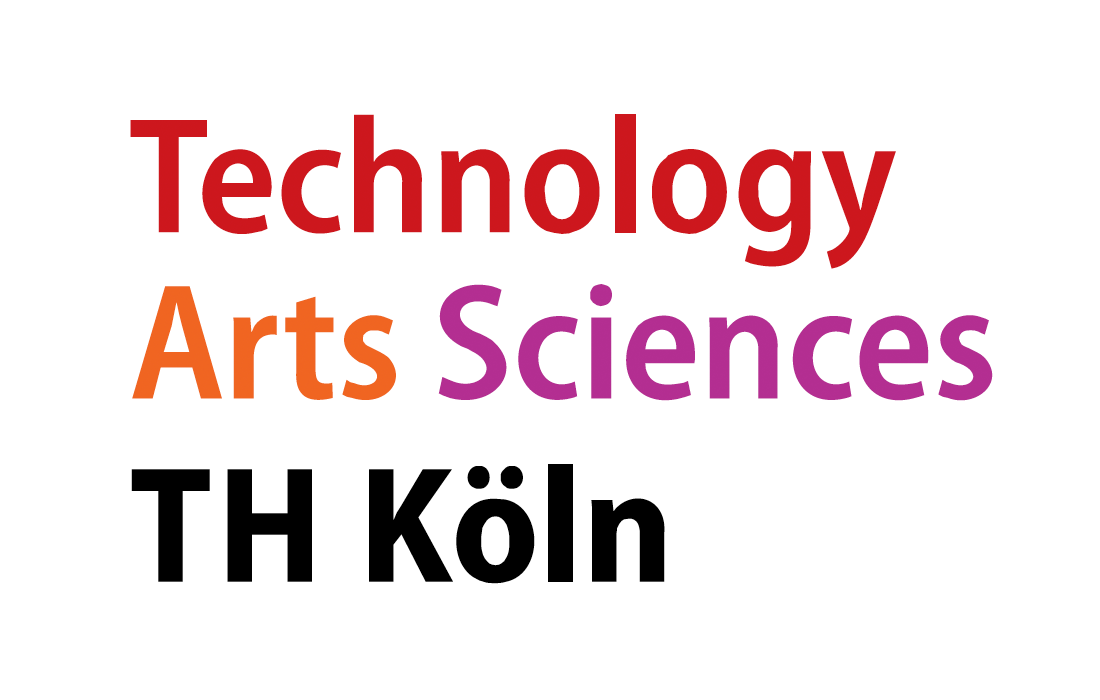Mapping to Focus Areas
Below, you find the module's mapping to the study program's focus areas. This is done as a contribution to all relevant focus areas (in ECTS, and content-wise). This is also relevant for setting the module in relation to other modules, and tells to what extent the module might be part of other study programs.
| Focus Area |
ECTS (prop.) |
Module Contribution to Focus Area |
| Generating and Accessing Knowledge |
6 |
Das Modul behandelt ausgewählte Gebiete der Mathematik in einem Vorlesungsteil. Zusätzlich erarbeiten die Studierenden in Kleingruppen selbstständig ein ausgewähltes Spezialthema der Mathematik, zu welchem eine Ausarbeitung (angelehnt an eine wissenschaftliche Veröffentlichung) und eine Präsentation (angelehnt an eine Präsentation auf einer Konferenz) erstellt bzw. gehalten wird.
|
Learning Outcome
- Durch den Besuch dieser Veranstaltung sollen Studierende
- ihre mathematisch-abstrakte Analysefähigkeit weiter ausbauen,
- ihre Sicherheit im Umgang mit mathematischen Methoden mit Relevanz für die Informatik stärken,
- ihre Kompetenz im Verfassen wissenschaftlicher Publikationen erhöhen,
- so dass sie die Fähigkeit zur selbständigen Einarbeitung in neue mathematische Sachverhalte erhalten und ihre Beurteilungsfähigkeit im Umgang mit mathematisch-abstrakten Themen erhöhen.
Module Content
Exemplarische Fragestellungen der Mathematik in der Informatik mit beispielhaften Themen wie:
- Deskriptive Statistik, Datenanalyse, Visualisierung
- Schließende Statistik, Trendanalyse
- Mathematische Optimierung
- Simulationsverfahren
- Eigenwerte und Hauptkomponentenanalyse
- Vorlesung
- Seminar
- Projektarbeit
Learning Material Provided by Lecturer
- Vorlesungsskripte
- Literaturstellen / Literatur
Literature
- Liu, Eric Zhi-Feng, e.a., Web-based Peer Review: The learner as both Adapter and Reviewer, IEEE Transactions on Education, Vol 44, No 3, August 2001
- Tufte, E.R., The Visual Display of Quantitative Information, Cheshire,CT, Graphics Press 1983
- Hanke-Bourgeois, M., Grundlagen der Numerischen Mathematik und des Wissenschaftlichen Rechnens, 2. Aufl., Teubner 2006.
